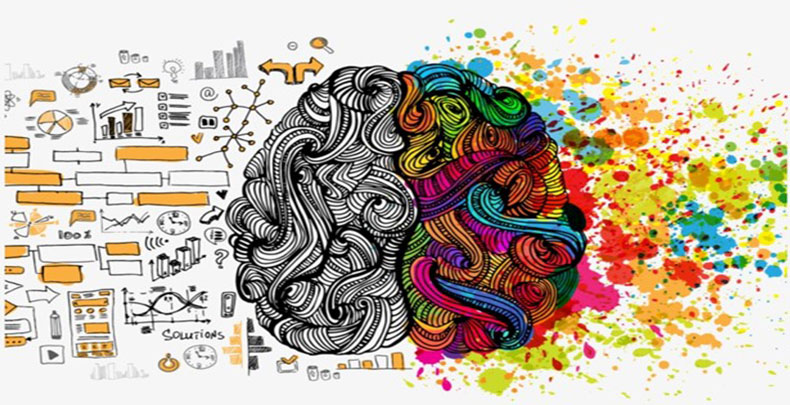
Instead of practicing interdisciplinarity amongst similar disciplines, moving across diverging disciplines is more necessary given the needs of our times. Only a liberal arts foundation can nurture such a transdisciplinary attitude.
Academia is a strange world in the way it ushers in change while treasuring the virtue of continuity. On one hand, disciplines are defined by the deification of traditions of knowledge which survived the test of time, making them worthy of transmission through generations. However, the pressure of rapid change in all other aspects of life creates a perpetual anxiety about the irrelevance of academic knowledge to real human progress. The transdisciplinary turn in liberal arts is a way of negotiating these conflicts between prevalent academic dispositions.
Transdisciplinarity, means going across (trans) disciplines to solve problems instead of being interdisciplinary, that is, merely bridging disciplines which are already neighboring each other. If that is the case, the true power of transdisciplinarity is harnessed when one moves across domains as disparate as art and physics, engineering and ethics, mathematics and sociology and dipoles suchlike. This reorientation is not merely the cornerstone of a research programme. It is an overhaul of pedagogical outlook itself, beginning from undergraduate education. This is the lofty aim that animates the creation of the Alliance school of liberal arts.
Of course, there is a reason that liberal arts alone could have vanguarded such a transdisciplinarity. For only liberal arts would have afforded the liberty to transgress enough for transdisciplinarity to come alive. Unburdened by the limiting mandate of nurturing vocational skills for an immediate reinsertion into the economic machinery, the liberal arts believes instead in building foundations that enable free enquiry and bold problem-solving. Founded upon such a transdisciplinary outlook, students are destined towards leadership. For leaders are inevitably forced to bring together differences in all forms, not least the difference in disciplines.
Disturbing the Status Quo of Knowledge
Imagine a student of mathematics immersing himself in a course on critical thinking with a section on statistics (its use and misuse) as a rhetorical device. Imagine her being exposed to the idea that mathematical and statistical techniques are much more techniques of manipulation and persuasion than they are gospel truths about the structure of the world. Imagine an English literature student taking a foundational course in data science and being sensitive to the intimate transformation of a literary text into a data mine.
If the above examples seem like quaint indulgences rather than the consequence of necessity, consider an alternative set of provocations: How much can one study paintings without a grip over the geometry of projections? Can a student of marketing avoid an immersion in literature if she wanted to master the construction of brand narratives? Can the engineering student ever become a successful teacher without an exposure to the most underrated literary craft of popular science? Can a budding political scientist avoid data analysis and still consider her domain to be a science? Can the public policy student ever have confidence without verifying the effects of policy through rigorous ethnography? Can a philosopher turn a blind eye to the obscure metaphysics of advanced physics? Needless to say, these propositions disturb the status quo that is the existing hierarchy of knowledge domains. It is hard to accept that these hierarchies are, if not arbitrary, but not more than the accident of intellectual evolution.
An Idea of The University
Of course, the conception of such a new academic vision is perhaps another bold gamble in the madhouse of ideas. In the very manner that every discipline is anxious about maintaining boundaries, about excluding the ineligible, and about reifying its own superiority, there is a betrayal of a crisis in knowledge. Such a crisis trickles down to precipitate a divide within universities where different subcultures of knowledge like law, business and engineering exist with little meaningful conversation between them. What this means is that transdisciplinarity is not just an adventure of esoteric idea. It is also a social experiment that demands a redefinition of the everyday intellectual life at the university.
With the transdisciplinary reorientation facilitated by liberal arts, it is incumbent on the Alliance community to have its academic subcultures close ranks further for the most unprecedented yet most urgently necessary collaboration in research, teaching and outreach.
Ravi Chakraborty
Assistant Professor
Alliance School of Liberal Arts
